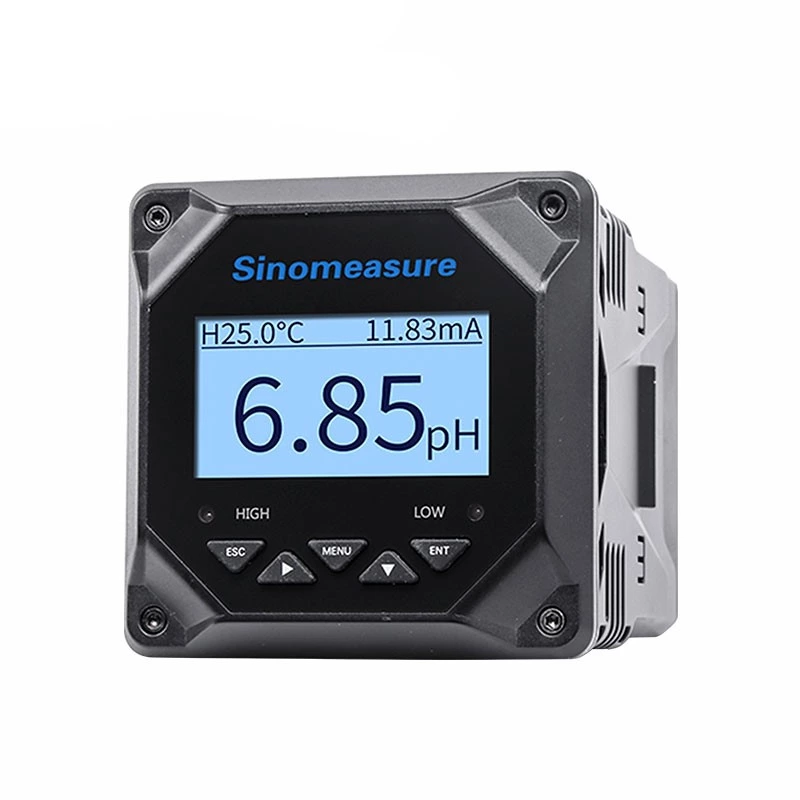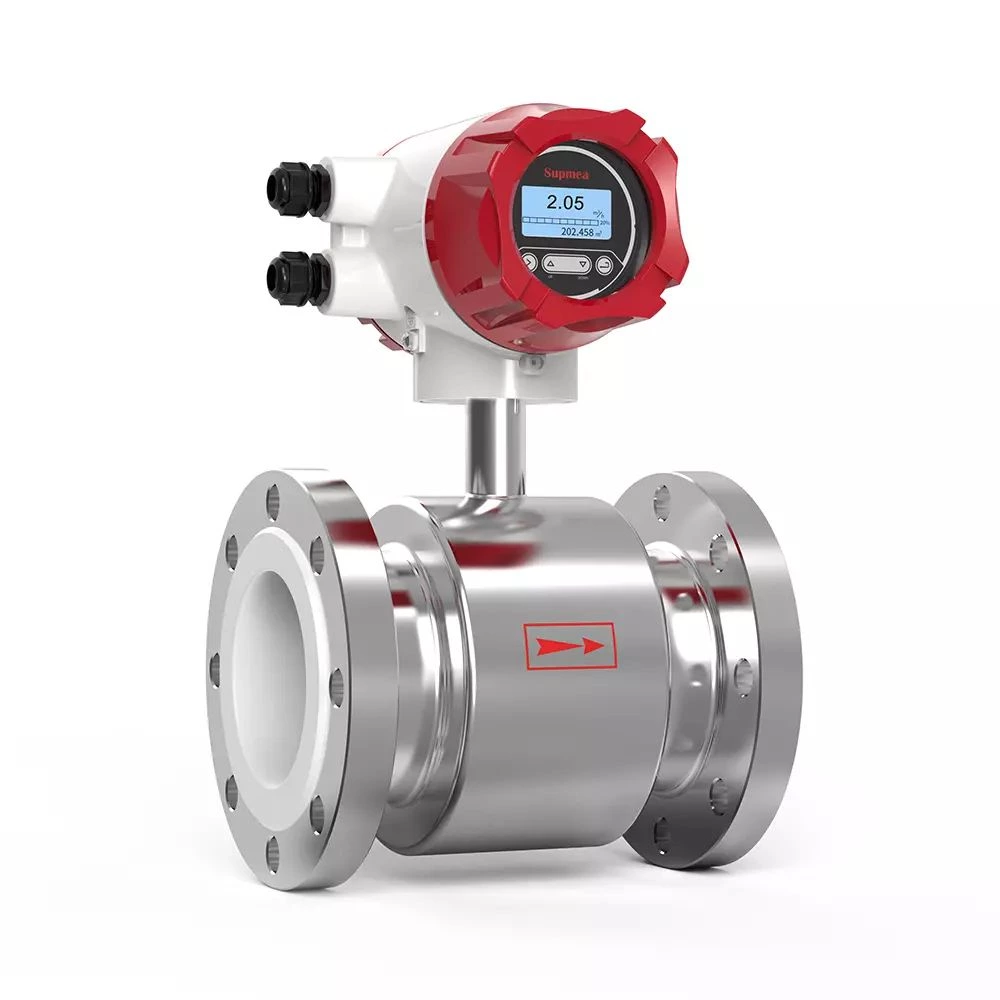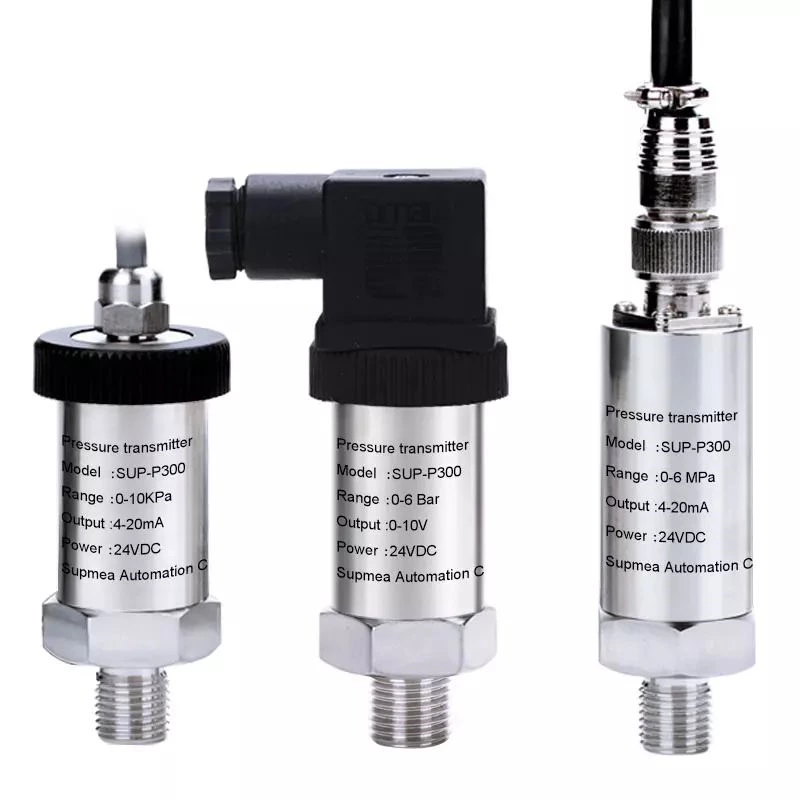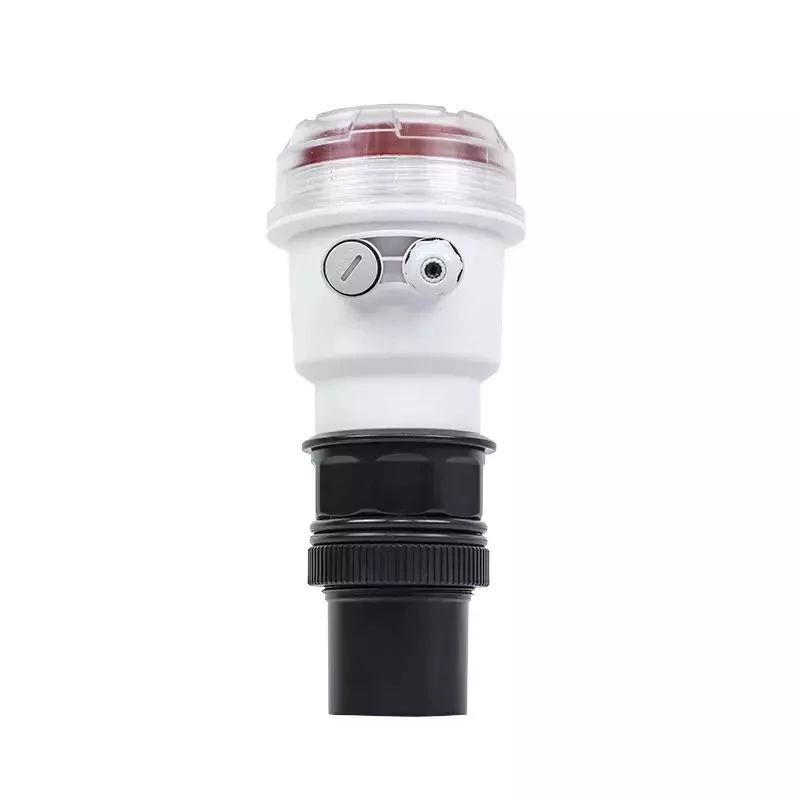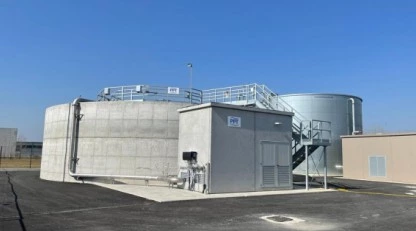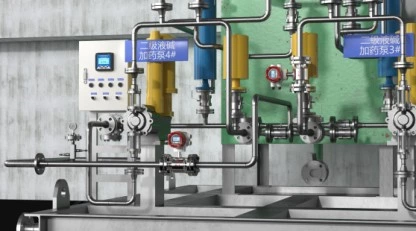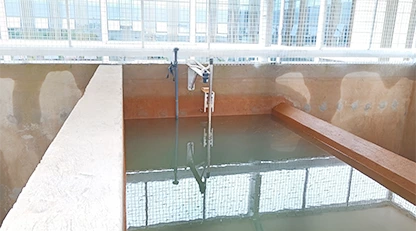In today's fast-paced world, industries and professionals often find themselves in need of quick and accurate conductivity measurements. Whether it's in the field, on-site, or during research expeditions, having access to portable conductivity meters is essential for obtaining real-time data. In this article, we explore the importance and applications of portable conductivity meters, highlighting their convenience and versatility in various industries and settings.
Understanding Conductivity Measurement
Conductivity measurement refers to the assessment of a solution's ability to conduct electrical current. It is a fundamental parameter used to determine the concentration of dissolved solids or ions in a liquid. Conductivity meters utilize electrodes and electrical circuits to measure the conductivity of a sample, providing valuable insights into its composition and quality.
Importance of Portable Conductivity Meters
Portable conductivity meters offer numerous advantages over traditional benchtop models, particularly when it comes to mobility and convenience. They are designed to be lightweight, compact, and easy to operate, making them ideal for on-the-go measurements. Let's explore some of the key reasons why portable conductivity meters are essential tools in various industries.
Field Research and Environmental Monitoring
Field researchers and environmental scientists often work in remote locations where access to laboratory equipment is limited. Portable conductivity meters allow them to assess water quality, measure salinity levels, and monitor pollution in rivers, lakes, and oceans. These handheld devices enable real-time data collection, empowering researchers to make immediate decisions and take necessary actions based on the measured conductivity values.
Agriculture and Hydroponics
In the agricultural sector, portable conductivity meters play a vital role in monitoring nutrient levels in soil and water. Farmers and horticulturists use these devices to ensure optimal conditions for plant growth and prevent nutrient deficiencies or excesses. In hydroponics, where plants are grown in a soil-less medium, conductivity meters are indispensable tools for maintaining the correct nutrient balance in the nutrient solution.
Food and Beverage Industry
Quality control is of utmost importance in the food and beverage industry. Portable conductivity meters assist in monitoring the concentration of salts, sugars, and other dissolved solids in food and beverage products. From checking the quality of drinking water to assessing the concentration of additives in processed foods, these handheld devices provide quick and reliable measurements, ensuring compliance with regulatory standards and maintaining product consistency.
Pharmaceutical and Chemical Manufacturing
The pharmaceutical and chemical manufacturing sectors require precise measurements of conductivity to ensure product quality and consistency. Portable conductivity meters enable operators to perform in-process checks, monitor the purity of water used in manufacturing, and assess the conductivity of various chemical solutions. The portability of these meters allows for on-site testing, reducing the time and cost associated with sample transportation to a laboratory.
Water Treatment and Pool Maintenance
Conductivity measurement is essential in water treatment facilities and pool maintenance to ensure water safety and hygiene. Portable conductivity meters assist operators in monitoring the effectiveness of water purification processes, detecting impurities, and maintaining proper chemical balance. These handheld devices enable efficient and timely measurements, facilitating prompt corrective actions to maintain water quality and prevent potential health hazards.
Versatility and Convenience
Portable conductivity meters are designed to be user-friendly and provide accurate measurements across a wide range of conductivity values. They often come with intuitive interfaces, digital displays, and built-in data logging capabilities, allowing users to record and analyze measurements on the spot. The compact size and lightweight nature of these meters make them easy to carry, enabling professionals to perform conductivity measurements wherever they are needed.
Conclusion
Portable conductivity meters offer a convenient and reliable solution for on-the-go conductivity measurements. Their versatility and ease of use make them indispensable tools in a wide range of industries and applications. From field research and environmental monitoring to agriculture, food and beverage, pharmaceutical manufacturing, water treatment, and more, portable conductivity meters provide professionals
with the means to obtain accurate and timely data, facilitating informed decision-making and ensuring the highest standards of quality. With their compact design and advanced features, these handheld devices empower professionals to take conductivity measurements with precision and efficiency.
 Español
Español Русский
Русский 
